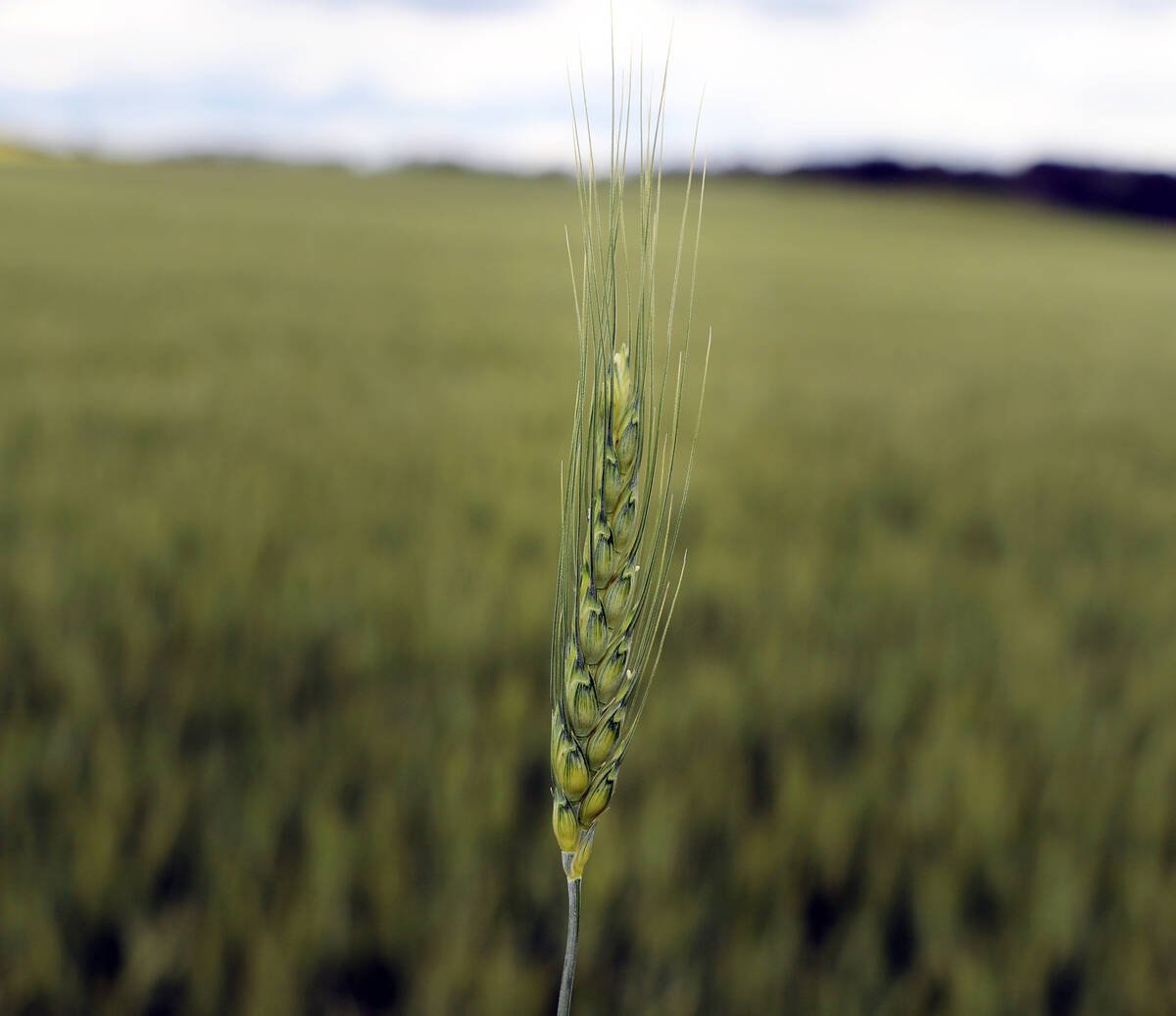Alberta’s United Conservative Party will push to repeal the province’s controversial farm safety legislation if elected, raising questions over how that might affect numerous producers who have worked to get their safety plans in place.
The UCP membership voted at its founding annual general meeting earlier this month to kill Bill 6, now known as the Enhanced Protection for Farm and Ranch Workers Act, which sparked heated protests in the farming community in 2015.
The legislation meant all farms with paid employees had to get Workers Compensation Board coverage as well as adhere to new guidelines and labour laws.
Read Also

Wheat markets are under duress
Two of Canada’s top wheat buyers have agreed to significantly ramp up their purchases from the United States.
The guidelines are still being worked out, but new laws require some farms to appoint a safety representative and change how they pay workers. As well, unionization is allowed.
Many farms have already established new safety plans because of the regulatory changes, so what would happen if the act was abolished?
Some farms would operate as normal and keep their safety plans and WCB coverage. Others, however, might go back to what they used to do.
“If Bill 6 is repealed, that’s fine, I’m all for less regulation, but when it comes to farm safety and the extra safety plans we’ve put work into, we’re not going to throw that away,” said Kevin Serfas, who employs eight to 45 workers on his farm near Turin, Alta., and is a director with the Alberta Canola Producers Commission.
“If they repeal Bill 6, we as farmers need to be really smart about it. People are watching what we’re doing, and if things are unsafe and if people are dying, they are going to be watching us that much closer.”
The repeal would be met with support from many in the industry, but it’s important farmers continue their safety plans and move forward with improving safety, said Gord Winkel, executive director with the AgCoalition, a group comprising farm sector representatives that formed to address changes in legislation.
“Simply put, they understand safety is the right thing to do and it helps save lives, prevents harm and protects businesses from tragic business losses,” he said.
Both the governing NDP and provincial Liberal party would oppose a repeal, arguing the legislation ensures employees are working in safe environments and that farmers are protected from lawsuits.
“To think any group or party would take away these rights, take away safety from the workers and their families, is atrocious and mean-spirited,” said Agriculture Minister Oneil Carlier.
Liberal MLA Dr. David Swann, who initially brought up the UCP’s repeal intentions in the legislature last week, said farm workers have a constitutional right to a safe workplace.
Despite those concerns, UCP agriculture critic Rick Strankman said if elected the party would go back to the drawing board and consult with producers on a new path forward with safety, once the current act is repealed.
He said a new law under the UCP could possibly axe the requirement of WCB coverage and instead let producers go to private companies so they have more choice.
“It was never properly vetted with producers,” he said, noting that safety is important.
“I don’t think there should be any negative impact.”
However, any repeal could face a court challenge because several Supreme Court rulings have favoured expanding rights to include farm workers.
Strankman isn’t worried about how the rulings might affect a repeal, but said the party will have to take any inferences into account. Carlier, however, noted the UCP could face hurdles in doing so.
“Farmers across Canada have had these rights for generations, so to think for some reason that it doesn’t work in Alberta is nonsensical,” Carlier said.















